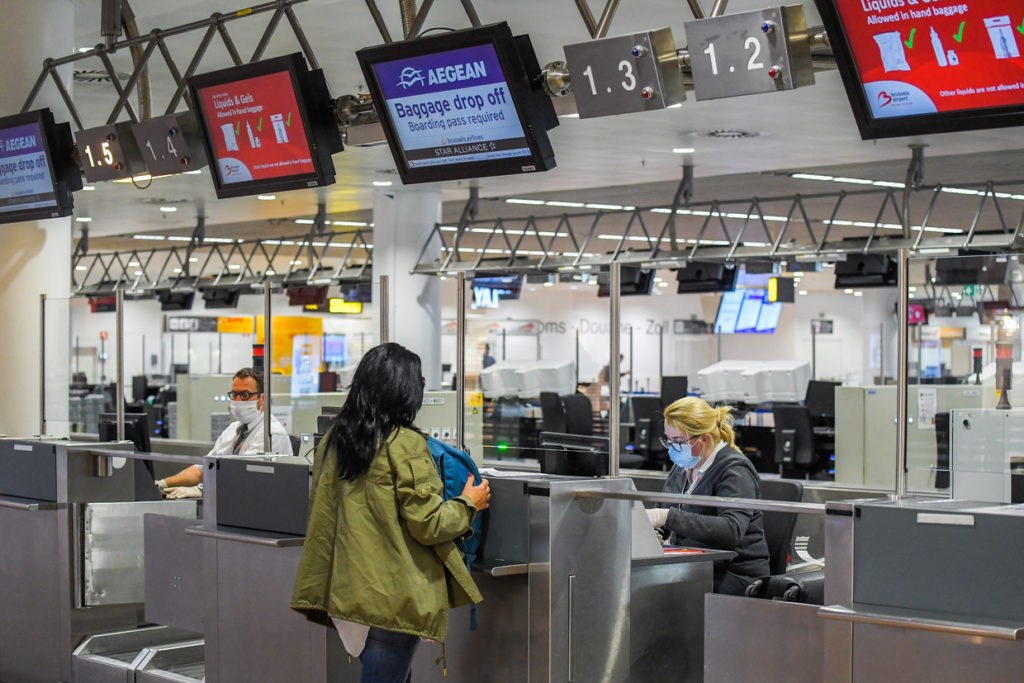The EU's so-called "Covid passport" - the Digital Green Certificate - to travel freely during the pandemic should be ready for use from the end of June, according to Justice Commissioner Didier Reynders.
At the Committee on Civil Liberties, Justice and Home Affairs (LIBE) of the European Parliament on Tuesday, Reynders said that the certificate will be in use before the summer.
"We want to ensure that all EU citizens receive the same treatment when Member States lift restrictions on free movement for holders of vaccines, recovery or test certificates," he said.
Last month, the European Commission presented its proposal for the certificate, which will provide proof that a person has been vaccinated against Covid-19, has natural immunity from it, or has a recent negative test result.
"We want to ensure that all EU citizens receive the same treatment when MS lift restrictions on free movement for holders of vaccines, recovery or test certificates." @dreynders speaking @EP_Justice debate on #DigitalGreenCertificate✅
DOWNLOAD??➡️https://t.co/NskNsKvtDm pic.twitter.com/Otr8eT3EL7 — EP Audiovisual (@europarlAV) April 13, 2021
On 26 March, the European Parliament launched an accelerated procedure to fast-track the certificate's approval, and the Parliament and the Member States are currently negotiating the practical details.
In principle, however, the individual Member States decide which consequences are attached to the document. These could include, for example, free access to the territory without mandatory quarantine.
On Tuesday, Reynders presented the Commission's proposal to the European Parliament, and said that a pilot phase to test the certificate's use will be launched in early June.
Related News
- EU 'vaccination passports' for travel this summer: how they will work
- Belgian politicians don't want privileges for the vaccinated
- EU fast-tracks procedure to approve 'vaccination passports' by June
He also stressed that the Digital Green Certificate will respect privacy rules, which has been one of the main causes for concern in member states.
According to Reynders, the certificate works following the principle of "data minimisation," which means that the document will not collect more personal data than strictly necessary.
"In fact, there are more personal details in the yellow vaccination booklet," he said, referring to the international certificate of vaccination against all kinds of diseases from the World Health Organisation (WHO).
Additionally, the data on the Digital Green Certificate will not be stored in a central database, according to Reynders.
Additionally, the certificate (in digital and/or paper form) is a temporary instrument to facilitate travel in the EU during the coronavirus crisis, and must be made available by the Member States free of charge.
As soon as the WHO declares that the pandemic is over, however, the document will no longer be needed, Reynders said, adding that it could be brought back in case a new pandemic occurs.
Maïthé Chini
The Brussels Times

